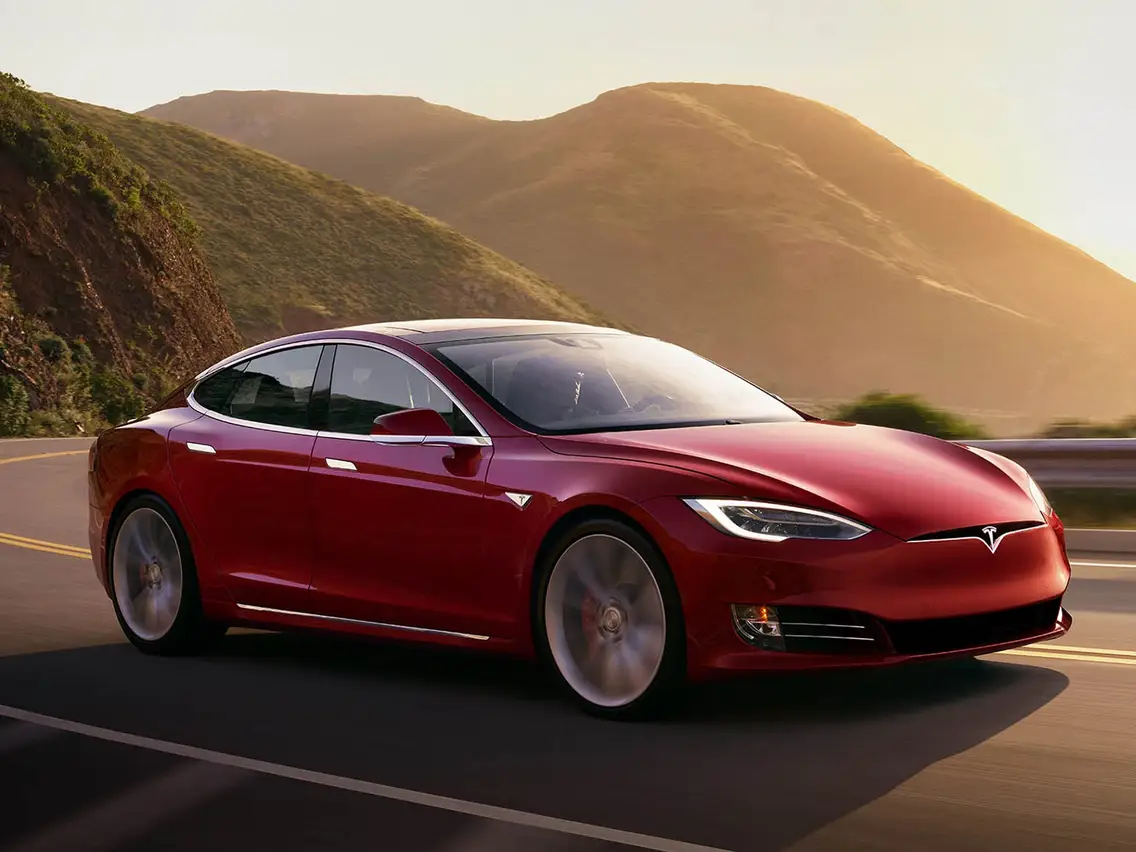E-Recycler Attero Plans $1bn Expansion Into Electric Vehicles

India’s biggest electronics recycling company Attero Recycling to spend $1bn as it looks to massively ramp up recycling spent electric vehicle batteries
India’s largest electronics recycling firm Attero Recycling is to spend $1 billion (£790m) over the next five years to build plants in Europe, the US and Asia as it expands into electric vehicles.
Attero said the initiative would begin this year with the aim of increasing its annual lithium-ion battery waste processing capacity from 11,000 tonnes now to 300,000 tonnes by 2027.
The company aims to meet 15 percent of the world’s demand for lithium, cobalt and graphite, up from less than 0.1 percent today, amidst a boom in electric vehicles.
Attero chief executive Nitin Gupta told journalists lithium-ion batteries were becoming “ubiquitous” because of their use in electric vehicles and consumer electronics.

Lithium bottleneck
He added that the company could become a significant player in the supply chain without mining the earth.
Half the cost of an electric vehicle is its lithium-ion batteries and at least 35 percent of the battery cost is from cobalt, nickel, lithium, graphite and manganese.
Attero has an extraction rate of about 98 percent and uses chemical methods rather than the more expensive smelting process that destroys certain metals.
The World Bank-backed company supplies materials to Tesla, Swiss mining group Glencore, Samsung Electronics, Hyundai Motor, Tata Motors, Maruti Suzuki India and others.
Capacity boost
Gupta said that by 2030 2.5 million tonnes of lithium-ion batteries would reach the end of their life, while currently there is only the capacity for 0.7 million tonnes of battery waste to be recycled.
The company is planning to begin operating a facility in Poland in the fourth quarter of 2022, with an Ohio plant coming online by the third quarter of 2023 and an Indonesia location operating in the first quarter of 2024.
Recycling spent batteries is considered critical for the supply of lithium in particular, whose shortage could slow the adoption fo EVs.
Lithium prices have risen sharply in recent months as supplies fail to keep pace with rising demand, forcing major EV makers such as Tesla and Rivian in turn to increase their prices.